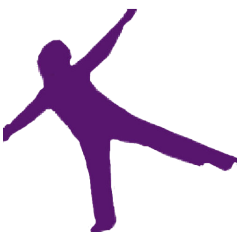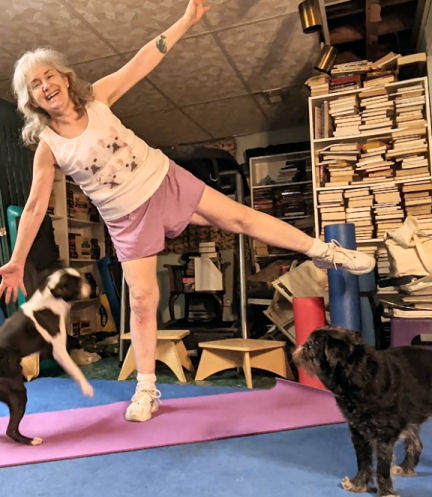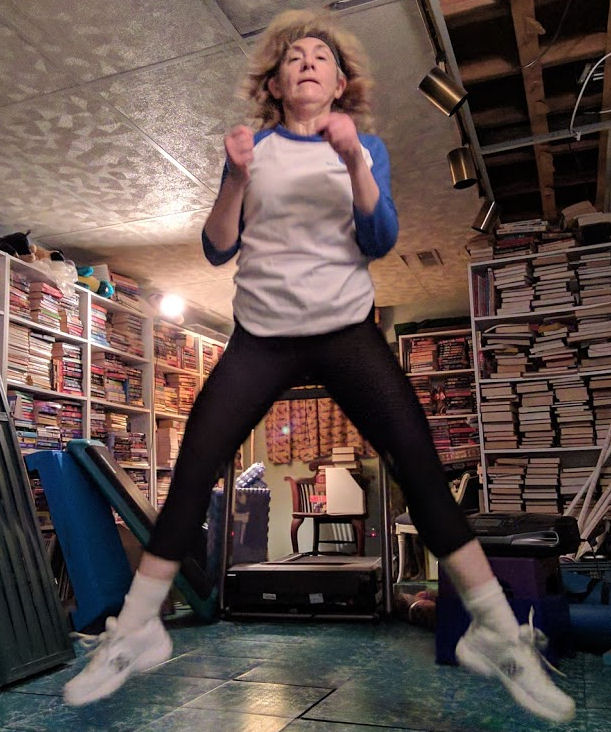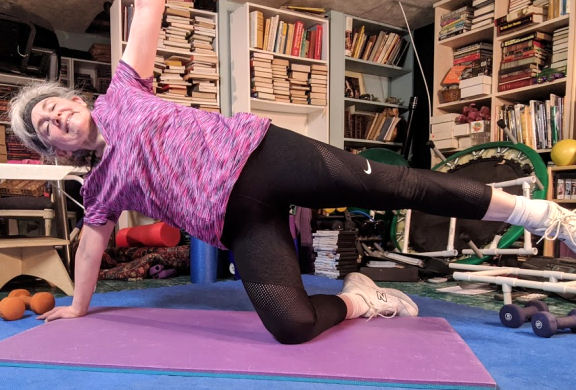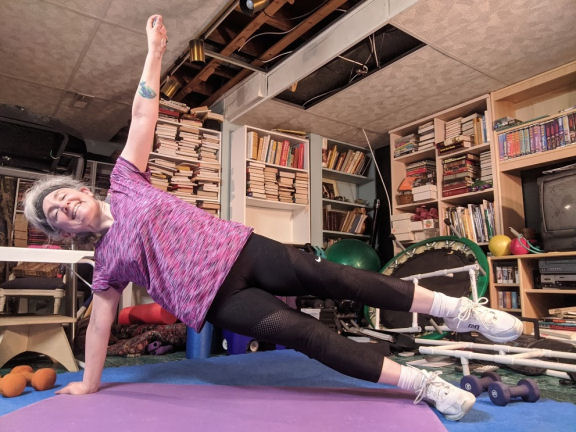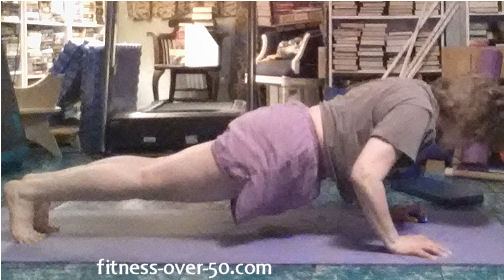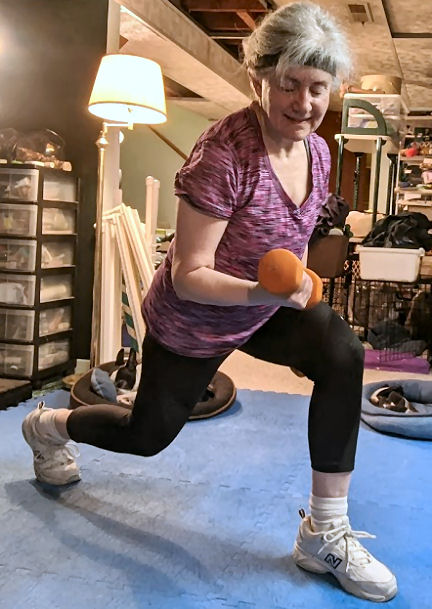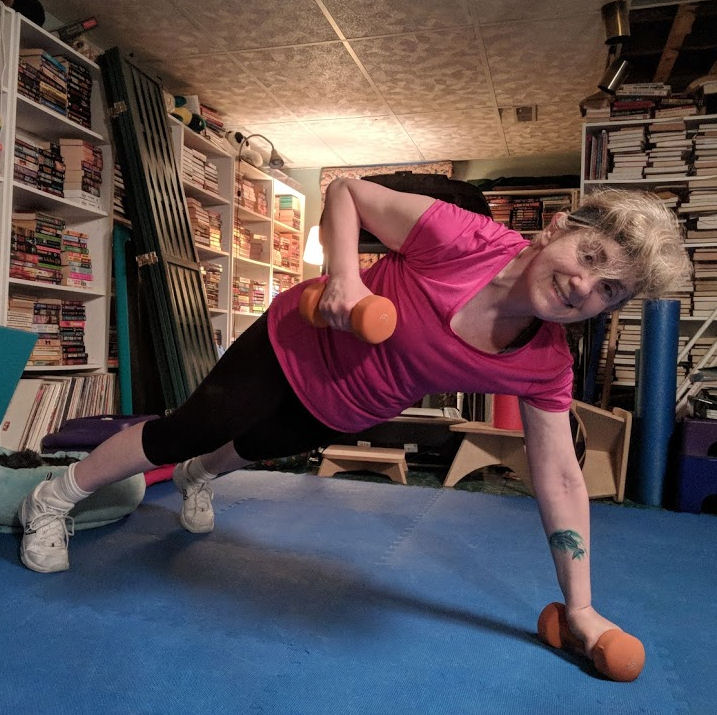I’m watching the snow fly out my window as I’m writing this. It’s kind of strange to think about gardening when it’s snowing, but now is the perfect time. I’ve described ways to ease your anxiety in the past, and digging in the dirt can ease your stress too.
Gardening promotes health
“There are a lot of studies that show how being outside and gardening promotes health. It provides relaxation, enhances mood, and puts our bodies in a state to better handle stresses,” says Dr. Lori Walsh a pediatrician at Advocate Children’s Medical Group. “Our nervous systems are in a hyper state of overdrive, which, if not turned off, puts our bodies in a state of inflammation that contributes to diseases, such as diabetes and heart disease,” Dr. Walsh says. “Gardening helps to take your mind off stresses and starts to focus us on what is happening in the moment, shifting us from overdrive to using your senses and being mindful.”
Planning comes first
But in order to have your garden, your place of refuge, things have to start growing first. Now is the time to plan your garden. If you have a yard, a corner of it is perfect for your garden. Start to research the kinds of things you want to plant – do you want to grow vegetables? Or perhaps a beautiful flower garden. Keep in mind if your planned garden has many hours of sun, or if it will just have a few hours of sun a day. Different plants have different sunlight requirements.
Is your soil optimal for the kind of garden you want? Keep your garden’s soil and fertilizer requirements in mind as well. Know the soil supplements you’ll need to add. And, many of us beginning gardeners overbuy seeds. Your little plants have space requirements too. Research is supremely easy these days – just Google the kind of plants that do well in your area, with the sunlight you get.
Containers?
Container gardening is another option, if you don’t have a yard or don’t want to plant in your yard. My dogs would certainly make short work of little plants unless I invested in sturdy barriers. Planting in pots could mean different fertilizers and soil additives.
You can certainly start seeds indoors now so they’ll be ready to plant outside when there’s no danger of frost. Or keep doing your research and visit a garden center when you’re ready to plant.
Just thinking about your garden, your refuge to escape from the world, can’t you feel yourself getting calmer? Plan to dig in the dirt to ease your stress this spring and summer. And you’ll be able to enjoy the fruits of your labor too – whether it’s good stuff to eat or food for the eyes.
